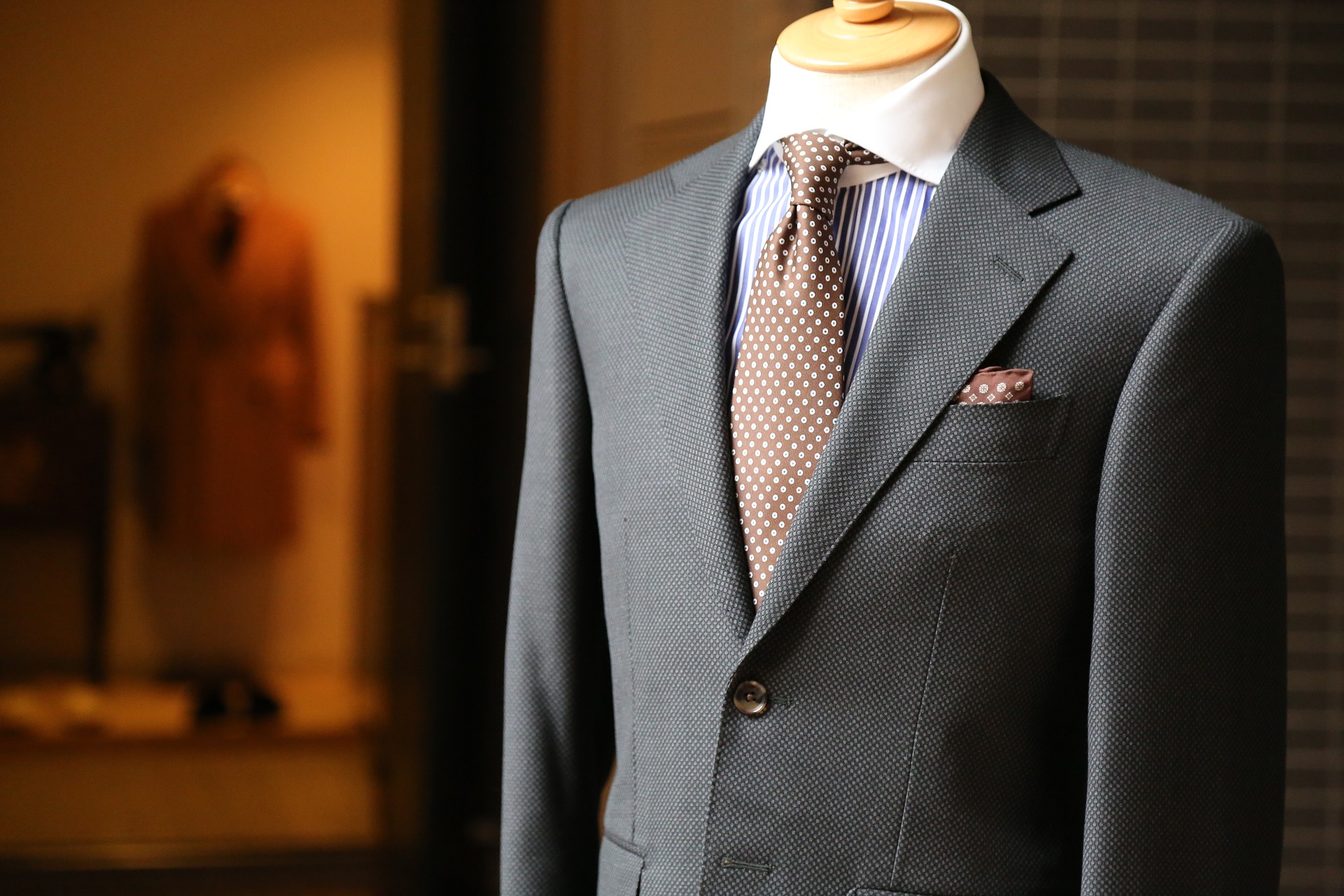One in every nine employers conducting interviews for a desk job would think less of a candidate if they turned up wearing a suit, according to recruiter Randstad UK.
In a survey of 1,021 employers in the UK, almost three-quarters (74 per cent) said wearing a suit for an interview was still acceptable. But one in nine (11 per cent) said wearing a suit would count against a candidate.
The news came as the traditional men’s suit was removed from the basket of goods used to calculate the annual inflation rate. The Office for National Statistics said the change in working patterns meant the suit – present in the basket since its inception in 1947 – was no longer one of the more than 700 representative goods and services selected to measure the UK’s cost of living.
Victoria Short, chief executive of Randstad UK, says: “The uniform that has served professionals for a century is falling out of favour. While most of us instinctively feel that wearing a full suit for work feels a little too formal now, we were expecting it to last a little longer in the interview setting. But in some industries, the suit is already becoming a relic of a bygone era.
Overly smart is now considered fusty. Stuffy. A little too Prince Charles… Interviews – even for desk jobs – are merely reflecting reality. The rise of dress down tech entrepreneurs has undermined the suit’s position as a signifier of success. And plenty of interviewers, especially in sectors like tech and engineering, are looking for people with EQ – not people who get off on power suits and shoulder-padded swagger.”
Sales of the suit have fallen from 5 million to fewer than two million a year over the last decade, according to Kantar. Marks & Spencer has removed them from many outlets. Having sold 70m shirts since its foundation in 1898, shirt maker TM Lewin collapsed into administration in March for the second time in two years after the business was devastated by Covid lockdowns and the ongoing shift away from formal wear.
Victoria Short said: “The pandemic hasn’t killed off formal clothes completely – the suit is still fine for the majority of interviews. But if you’re interviewing with an organisation that’s not a suit sort of a place, I’d go for ‘the broken suit’ – chinos and a shirt. Smart separates is the way forward. And if you’re worried about what to wear to an interview, ask.”
Last year the recruiter revealed almost three in every ten (28 per cent) Brits want to ditch smart casual – let alone a formal office dress code – once the employees had to head back to offices.
A survey of 1200 workers in the US found a third (33 per cent) of American employees would turn down a job offer if they were required to wear formal business clothing.









